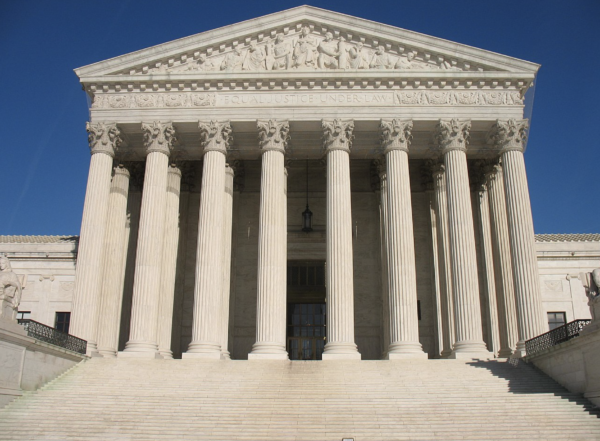
U.S. Supreme Court (Photo: Kjetil Ree)
The U.S. Supreme Court has agreed to hear a case that could result in increased educational benefits for Veterans under the GI Bill.
The case, known as Rudisill vs. McDonough, centers around whether Veterans should be eligible for additional tuition money through the Post-9/11 GI Bill program. If the Supreme Court upholds the decisions of lower federal courts, it could potentially impact millions of Veterans and bring an end to an eight-year legal battle.
The case revolves around the VA’s administration of education support through the Post-9/11 GI Bill and the Montgomery GI Bill. Currently, Veterans are required to forego their eligibility for the Montgomery GI Bill program once they register for the Post-9/11 GI Bill. This means that after exhausting their benefits under one program, they are unable to receive further tuition support from the other.
James Rudisill, an Army Veteran, brought the case to court after being denied access to his unused Montgomery GI Bill benefits for pursuing graduate studies at Yale Divinity School. VA officials argued that using both benefits would amount to double-dipping on government assistance, but courts have ruled in favor of Veterans like Rudisill, stating that the programs should be treated independently.
By agreeing to hear this case, the Supreme Court has given hope to Veterans and their advocates who believe that the current policy unfairly limits their access to educational benefits. Should the court rule in favor of Rudisill, an estimated 1.7 million Post-9/11 Veterans could become eligible for additional educational benefits, potentially totaling billions of dollars. This would have a transformative effect on Veterans, their families, and the communities they belong to.
While the existing federal statute caps government higher education payouts at 48 months, a ruling against the VA’s interpretation would mean that Veterans who have exhausted their Post-9/11 GI Bill benefits could potentially receive an additional 12 months of financial support to complete their education.
The Supreme Court’s decision to take up the case of Rudisill vs. McDonough has raised hopes for Veterans seeking expanded educational benefits under the GI Bill programs. The outcome of this case could redefine federal benefits rules and provide additional financial support to millions of deserving Veterans. With arguments expected to be heard in the fall and a final decision anticipated in spring 2024, Veterans and their advocates eagerly await the Supreme Court’s ruling.












